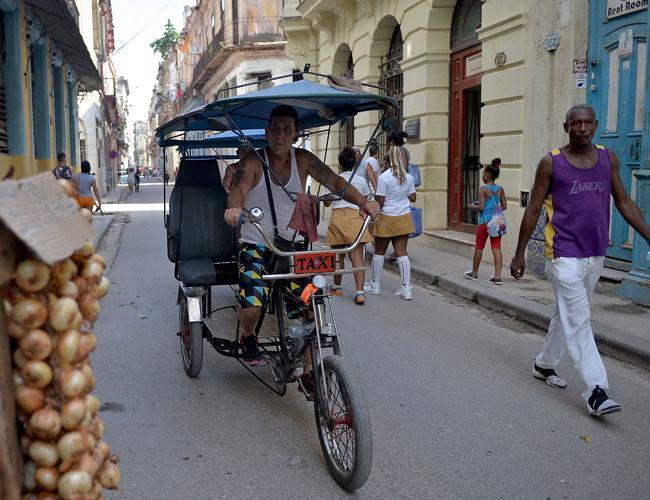
Cuba on July 10 reauthorized private businesses after a year-long freeze, but with tighter controls than before on a segment of the economy that now makes up 13 percent of the Communist island’s workforce.
The freeze had led to jitters among would-be entrepreneurs in Cuba’s budding private sector, and the July 10 announcement brought some measure of relief.
The official daily Granma said the new, stricter measures were necessary because of numerous breaches by private entrepreneurs, such as tax evasion, under-declaring the number of people they employed and failure to pay employer contributions.
The government suspended the issuing of business licenses in August 2017 for around 30 of the island’s most profitable business activities, in particular the restaurant trade, in order to review regulations.
“We are not going to go backwards, nor slow down, nor allow prejudice against the non-state sector, but it is essential that people respect the law, in order to consolidate the gains,” said then-president Raul Castro, who was succeeded in April by Miguel Diaz-Canel.
As a result of the new restrictions, the number of trade categories to be authorized will be reduced from 201 to 123.
“No activity has been eliminated but they have been regrouped,” the deputy minister for labor, Marta Feito, was quoted as saying by Granma.
On the other hand, some new categories of private entrepreneur have been introduced, including “confectionary baker” and “renter of transportation.”
Former president Raul Castro introduced reforms in 2011 to open the top-heavy, centralized economy to foreign investment and small private businesses, which have since boomed.
But Cuba remains under a United States trade embargo and state firms still account for 85 percent of the economy.
A dollar a day is roughly the average monthly wage for a government worker, but those in private enterprises can make far more.
The private sector employed more than 590,000 people by May this year, official figures showed, equivalent to 13 percent of the working population.